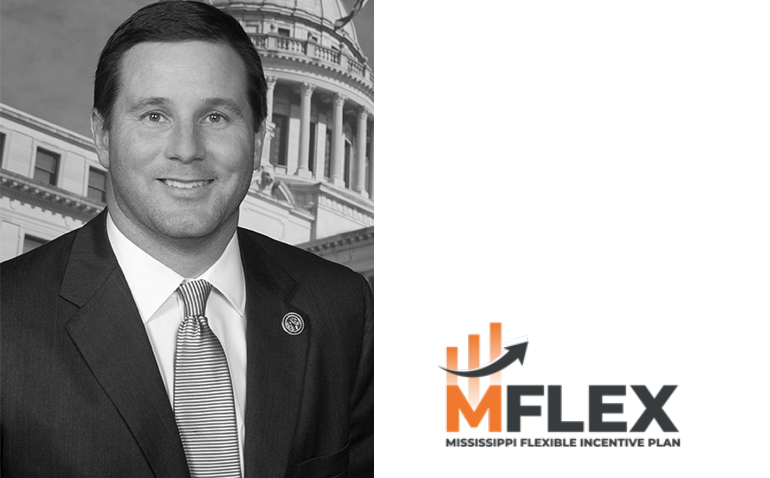
The Mississippi Flexible Tax Incentive Could See Needed Changes
In the past forty years, the Mississippi Legislature has added numerous incentive programs designed to attract industry to the state and retain existing businesses while also encouraging them to expand.
It’s not an ideal policy since it puts the state government in the business of picking winners and losers.
These incentives, either tax-based in the form of credits, or direct payments, have become a multi-layered, confusing ecosystem, with many of them no longer even used.
There are 42 different incentives offered by the state through the Mississippi Development Authority.
The experience with taxpayer incentives isn’t the best. For every Nissan, Toyota or Continental Tire, there has been KiOR biofuels (plant was sold for scrap), a pair of defunct solar panel manufacturing plants (Twin Creeks and Stion) and an electric car builder (Greentech Automotive). All went bankrupt leaving the state to seek legal action to try to recover the taxpayers’ funds that had been given to them.
There were two bills last year that could’ve helped clarify and streamline the incentives and the process to obtain them. Although they were almost identical and passed both houses, a final version was never agreed to.
Those same bills have been introduced this year. The Mississippi Flexible Tax Incentive, known as MFLEX, would require companies to meet investment and job creation requirements before they receive any taxpayer funds. Doing so would protect taxpayer funds from fraud and waste and ensure that incentives only go to companies that fulfill their promises.
House Bill 627 is sponsored by state Rep. Trey Lamar, R-Senatobia. The Senate version, Senate Bill 2159, is authored by state Sen. David Parker, R-Olive Branch.
Both bills offer an easy-to-use calculation on initial investment, jobs, wages and benefits with a minimum investment of $2.5 million and a minimum of 10 jobs created.
Under the two versions of MFLEX, each business would provide estimates of its initial investment, jobs and wages and they would receive a tax credit based on what they produce. Part-time jobs couldn’t be combined to form a single full-time position to qualify for MFLEX incentives.
Where the two bills differ is that the Senate version would repeal an income tax incentive ($1,000 per each qualifying employee with a minimum of 75 employees) originally passed in 2013. The House version doesn’t repeal this code section.
While the policy of state government picking winners and losers isn’t good policy, the MFLEX program will provide more transparency and will limit, to some degree, the cronyism that can occur with any type of confusing or complex process.
Sign up for BPF’s latest news here.
